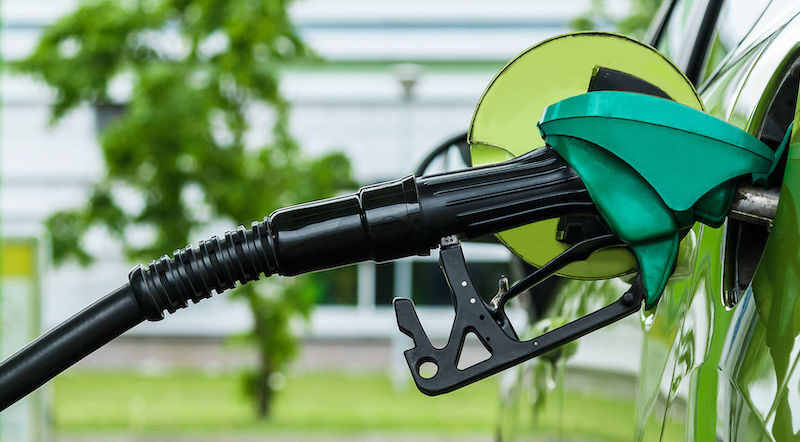Synthetic Fuels – will there be a future for the combustion engine?
The fate of the Internal Combustion engine (ICE) hangs in the balance after the introduction of modern emission standards and the advent of carbon regulations. Governments all around the world have started to induct new environmental laws into their legal system, with the European Union ahead of everyone else in this regard. A ban on the combustion engine is imminent, and it is coming sooner than you can imagine.
The freshly implemented regulations have already started to produce an effect on the automotive industry, with many switching their line-ups from ICE vehicles to hybrids and EVs. Automotive giants like Toyota, Volkswagen, and GM have pledged to shift most of their vehicles to either hybrid or electric power by 2025 at the earliest and 2030 at the latest. The UK has set 2030 as a phase-out date for the ICE, which is by far the most stringent in Europe. Soon, we will be deprived of the sweet sound of a revving engine, and there is nothing we can do about it. Or can we?
When things look black, there is always a silver lining, and that’s certainly true for the internal combustion engine.
In the past decade, while some engineers have been working on perfecting hybrid technology and introducing more efficient ways to charge batteries, other researchers have been working hard to create a carbon-neutral synthetic fuel. The good news is we might not have to get rid of ICEs after all. The bad news, however, is that this technology is not coming anytime soon.
What is Carbon Neutral Synthetic Fuel?
There is only one way to keep the ICE alive, and that is by making the combustion engine extremely efficient. The use of carbon-neutral fuel makes that possible.
Synthetic fuel has been around for hundreds of years, and it is no surprise that after so many years, researchers have come so far that they have thought of a way to neutralize the carbon waste produced by an engine. There are two primary ways to do this. The first method involves trapping carbon dioxide and carbon monoxide present in the air and synthesizing them with the help of hydrogen acquired through electrolysis. Thus, creating a type of ‘efuel’ that diminishes the production of carbon elements.
The second method is using biofuels and purifying them for automotive use. This is done by extracting biomass from natural resources like plants and animals and then using chemicals to neutralize the harmful effects of the fuel. Hydrogen is once again the primary element in this process.
The Development
Many companies have invested in developing synthetic fuels since the development of carbon-neutral fuel means the revival of the ICE. The German engineering and technology company Bosch, which is known for its innovative products, is one brand behind the development. Carbon Engineering, a Canadian company, is also a viable contender, with the latter making deep inroads with the technology. The fuel is in production, and it is available for purchase. It is essentially a matter of time before it goes viral and the public starts demanding it in massive quantities. However, before that happens, the cost of production has to be taken under control. Currently, the synthetic fuels cost five times the amount of carbon fuels. That might not be much, but the underlying issue is that producing synthetic fuel requires huge amounts of energy, and that must come through renewable resources for carbon-neutrality to be successful.
Success and Future Prospects
The idea of a carbon-neutral fuel sounds good especially if you reside in and around Europe. The change is coming in very quickly in the continent and the only way to convince the governments to vote in favor of the combustion engine is to show that these engines can be as efficient, if not more, than an electric motor. Anyway, according to estimates, the cars being sold right now are going to be driving well after 2030, so there is no reason to expect that the entire population will make an immediate shift towards EVs anytime soon. If carbon-neutral fuel makes its entrance on the world stage, the chances are that the electric-car era comes a bit later than expected.
Carbon-neutral fuel technology is a real game-changer as long as it’s manufactured using renewable resources. The ICE will always have an upper-hand in the automotive industry. If efuel can completely wipe out its harmful effects, then there is no reason for an immediate shift to ‘greener alternatives’. We know that producing batteries also produce a ton of carbon waste. So a shift to electric vehicles is not the answer to our woes unless the core problem is solved, and that is green energy production and dissemination.




